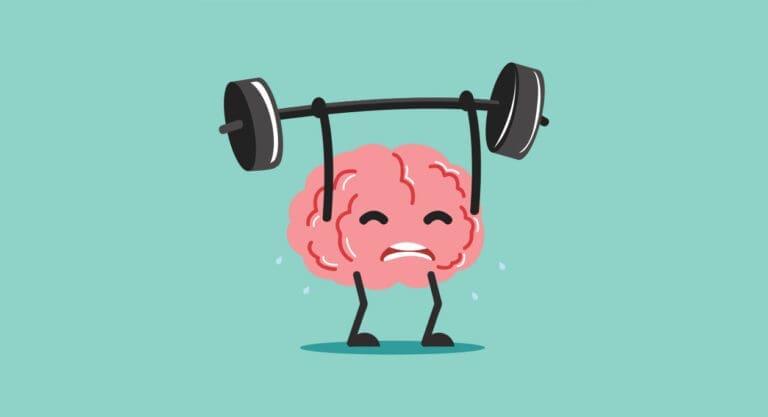Most of us wish that we would remember more of what we experience and learn. For educators, our wish may also extend to our students and their ability to retain what we teach them. Of course, we do not need to remember everything we encounter in life. In fact, if we remembered everything that happens to and around us, we would quickly become overwhelmed.
The key is to increase recall of what is important and likely to be useful in the future. In fact, the purpose of memory is to build “economy” in the brain, with the “currency” of the brain being the energy expended. Memory helps to reduce the need to spend that energy re-experiencing or relearning past events, happenings, and information.
In a recent Fast Company article, psychology professor Art Markman, PhD, provides some useful insights regarding how the brain and memory work. He describes three types of memory:
- Episodic memory stores the things that happen in our lives. We recall episodes such as what we did, with whom we spoke, and what we observed. Episodic memory involves experiences that are important enough to preserve and access when needed in the future.
- Procedural memory stores the processes and procedures for accomplishing tasks, solving problems, and recalling directions. Procedural memory involves activities such as recalling a driving route, how to type, and how to tie our shoes, and it helps us to perform tasks with greater confidence, focus, and speed.
- Semantic memory stores our understanding of language, words, and concepts. Semantic memory helps us to connect symbols to meaning. It helps us to quickly understand and grasp meaning and implications and assists us to communicate efficiently with others.
Each of these categories of memory plays an important, often overlapping, role in our lives and recollections. Each type of memory also plays a role in the learning and recall ability of our students. Of course, it might also be helpful to introduce students to these memory types and help them to see how the three types of memory might play a role in their learning and life in general.
Markman also describes two key factors that influence whether the brain chooses to recall an experience, process, or information regardless of the type of memory involved: the need for effort and perceived importance. When what we are experiencing requires effort to understand or perform, our brains are more likely to pay attention. Similarly, if the activity seems important, our brains play closer attention and are more likely to retain the experience.
While this information can help us to focus and improve our memory, we can also employ it to increase the probability that our students will recall what they learn if we design and include these factors in the learning environment we create. Consider these four effort- and importance-related factors that play a role in learning and recall.
Purpose
When students understand the purpose and value associated with what they are learning, we tap the importance factor. For many students, this element feels like a value proposition. They ask themselves, “How important is this information, and will I use it again?” If the purpose is only to do well on an assessment, then after the assessment is administered, the brain will likely let the information go since the purpose has been served. On the other hand, if students see value and purpose beyond the immediate learning context, recall is more likely to be extended.
Efficiency
When students understand that the effort they are investing in learning can make a process, procedure, or related work more efficient in the future, their brains are more likely to pay attention and retain what they are learning. Showing students how their new learning will make their lives easier and future work more efficient increases the probability that they will remember.
Intensity
When students experience strong emotions associated with learning, the brain interprets the experience as important. Consequently, recall goes up. Excitement, delight, surprise, shock, and other emotional energy generators associated with learning signal the brain that the information and memory might be important in the future.
Struggle
When students find that they need to focus and give significant effort to their learning, we tap the effort factor. In learning, “easy come” often translates to “easy go.” Students can quickly forget what seemed easy to learn. Of course, they also need to see progress or productivity because of the effort they give, or we risk having them give up altogether. Unfortunately, when the effort required becomes too great, the brain often calculates that the experience may not be worth the effort, and it will not store much of what it takes in.
We need to do all that we can to help students to understand and tap the power of their brains to store and recall what is most important. Fortunately, we can tap the dual forces of effort and importance to make it a more manageable task.
Resource:
Markman, A. (April 25, 2024). How your brain decides which memories to save. Fast Company. https://www.fastcompany.com/91111703/how-your-brain-decides-which-memories-to-save



